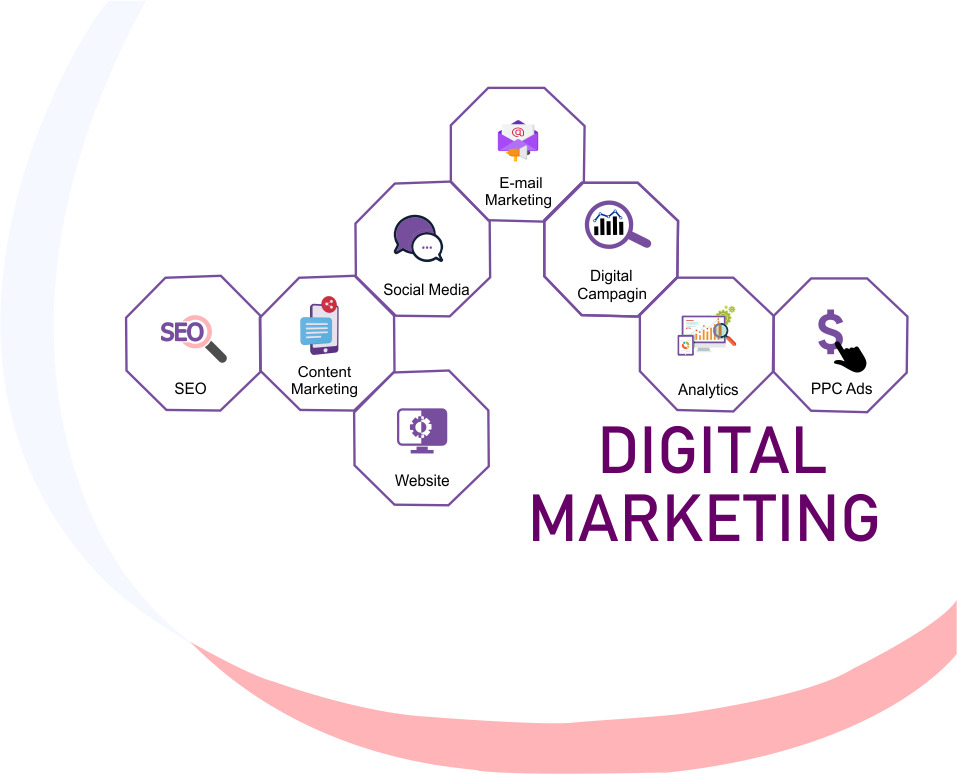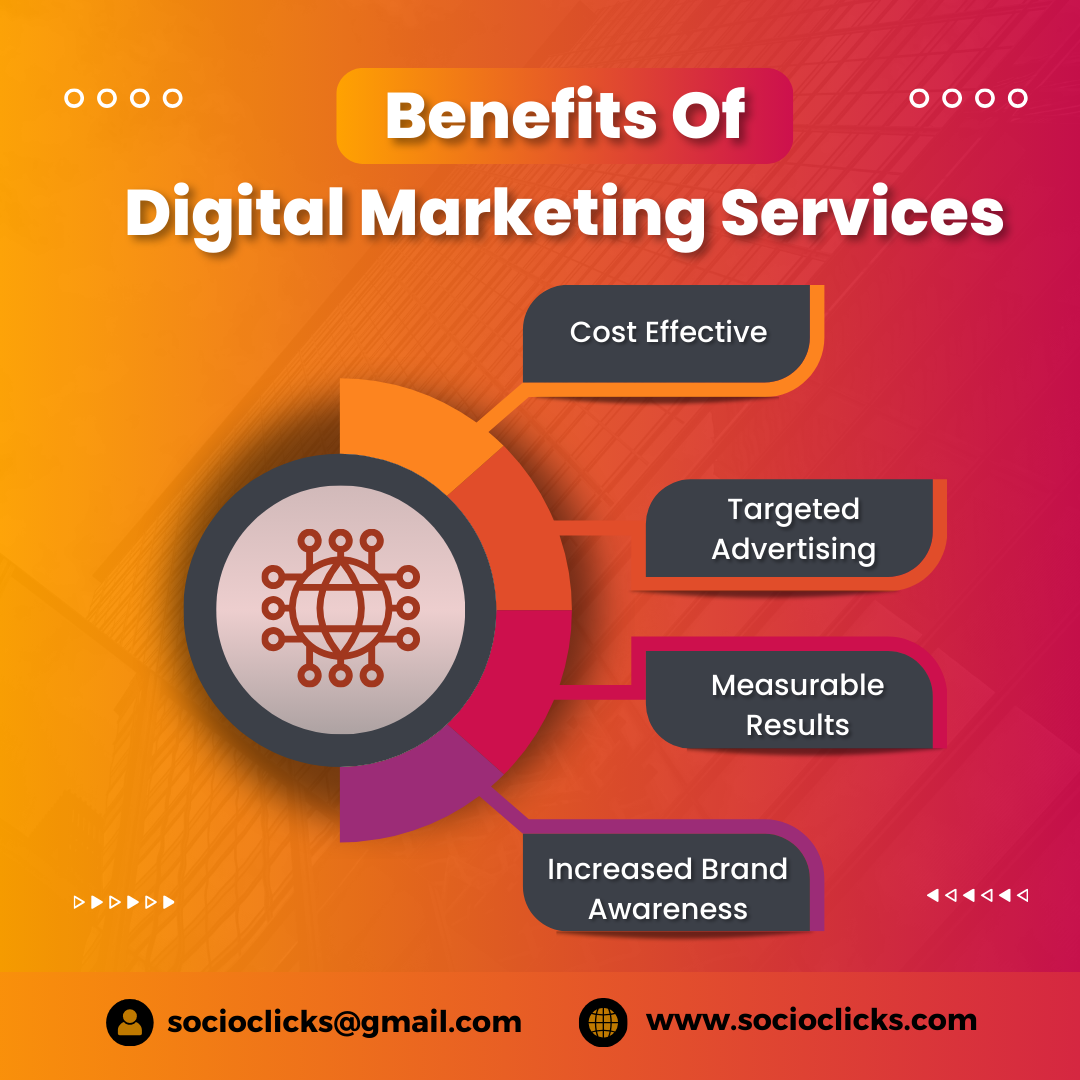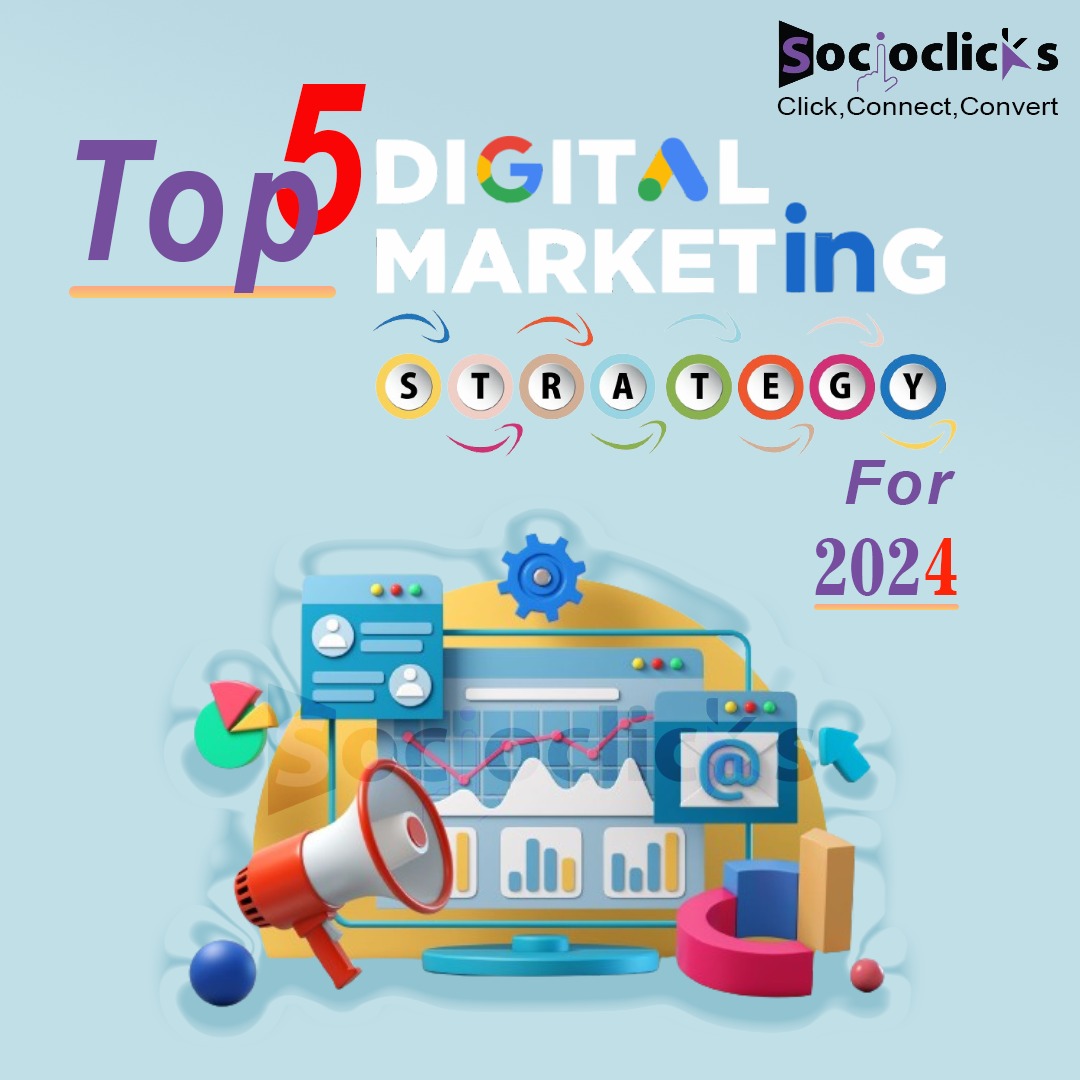Every kind of online marketing is known as “digital marketing” under a broad umbrella term. Businesses engage with their target audience through digital marketing for a variety of reasons, such as establishing their brand, promoting their goods and services, or gaining authority and respect in a certain sector. It all comes down to using various channels to reach the proper audience with the correct material, including search engines (like Google), social media sites, email, and a business’s own website or blog.
Text and multimedia messaging are also included in this. Internet marketing is fundamentally the art of leveraging internet platforms to showcase goods and services. It takes more than just selling to create a digital experience that connects with your target market. It entails being aware of your clients’ inclinations and the platforms they use frequently.
Digital marketing strives to increase brand exposure, attract traffic, and eventually turn leads into devoted consumers through the strategic use of internet resources. Unlike physical marketing, digital marketing offers the advantage of constant tracking and measurement of results. For instance, you can view the number of individuals who read a blog post, responded to a social media post, or opened an email. This gives you the knowledge you need to optimize and enhance your marketing for optimum impact over time by allowing you to see what works and what doesn’t across your variety of channels. In the always connected world of today, digital marketing is essential to a business’s success. A job in digital marketing provides opportunity for influence, variety, and a never-ending learning curve. To find out more about the various forms of digital marketing and the requirements for pursuing a career in this fascinating industry, continue reading.
B2B vs B2C digital marketing
Both B2B (business to business) and B2C (business to consumer) organisations can benefit from digital marketing techniques.
Of course! In digital marketing, there are two main models: business-to-business (B2B) and business-to-consumer (B2C). Each has its own set of techniques and factors to take into account.
B2B Digital Marketing:
1. Target Audience: Decision-makers and businesses are the main focus.
– Marketing frequently entails contacting particular businesses, professionals, or sectors.
2. Purchase Decision Process: – Usually entails a more drawn-out and intricate decision-making procedure.
– The choice may involve a number of stakeholders.
3. Content Marketing: – Focus on offering comprehensive and instructive material.
– Content frequently speaks to the issues and requirements that businesses face.
4. Channel Selection: Because of its professional vibe, LinkedIn is a well-liked B2B marketing site.
– In order to gradually nurture leads, email marketing is essential.
5. Relationship Building: – It’s important to establish lasting ties.
– One-on-one interaction and tailored communication are crucial.
6. Metrics: Lead generation, conversion rates, and customer lifetime value are the main topics of metrics.
B2C Digital Marketing:
1. Target Audience: – Intended for certain customers.
Marketing frequently uses demographics, hobbies, and behaviors to target a larger audience.
2. Purchase Decision Process: This is typically a quicker and simpler decision-making procedure.
– Impulse purchases are more frequent.
3. Content marketing: – Content emphasises emotions and lifestyle and is frequently more aesthetically pleasing.
– Social networking sites like Facebook and Instagram are often used.
4. Channel Selection: – Important channels include e-commerce sites, social media, and search engines.
– Reaching a larger audience with influencer marketing is frequently successful.
5. Relationship Building: Although relationships are valuable, they are typically more transactional in nature.
Customer pleasure and great experiences are the foundation of brand loyalty.
6. Metrics: Conversion rates, click-through rates, and client acquisition expenses are examples of metrics.
Cross-Cutting Considerations:
1. Target Audience: – Intended for certain customers.
Marketing frequently uses demographics, hobbies, and behaviours to target a larger audience.
2. Purchase Decision Process: This is typically a quicker and simpler decision-making procedure.
– Impulse purchases are more frequent.
3. Content marketing: – Content emphasises emotions and lifestyle and is frequently more aesthetically pleasing.
– Social networking sites like Facebook and Instagram are often used.
4. Channel Selection: – Important channels include e-commerce sites, social media, and search engines.
– Reaching a larger audience with influencer marketing is frequently successful.
5. Relationship Building: Although relationships are valuable, they are typically more transactional in nature.
Customer pleasure and great experiences are the foundation of brand loyalty.
6. Metrics: Conversion rates, click-through rates, and client acquisition expenses are examples of metrics.
Here you can read about 5 Digital Marketing Strategies in 2024
Types of digital marketing
Businesses are starting to understand how important it is to have a strong online presence in the current digital era. Businesses now need to invest in digital marketing tactics since more and more consumers are utilising the internet to look for goods and services. Leading digital marketing company in Lucknow Socioclicks Pvt. Ltd. provides a variety of services to assist companies in reaching their online objectives. We will evaluate and rank the top eight digital marketing services offered by Socioclicks Pvt. Ltd. and here I will tell you from which names Socioclicks Pvt. Ltd. came up in awareness.
Search engine optimization company in Lucknow & PPC services in Lucknow
social media marketing company in lucknow
web development company in Lucknow
youtube advertising company in Lucknow
Google ads services provider company in Lucknow
Graphic designer in Lucknow
Social media ads service provider in Lucknow
Influencer Marketing service provider in Lucknow.



